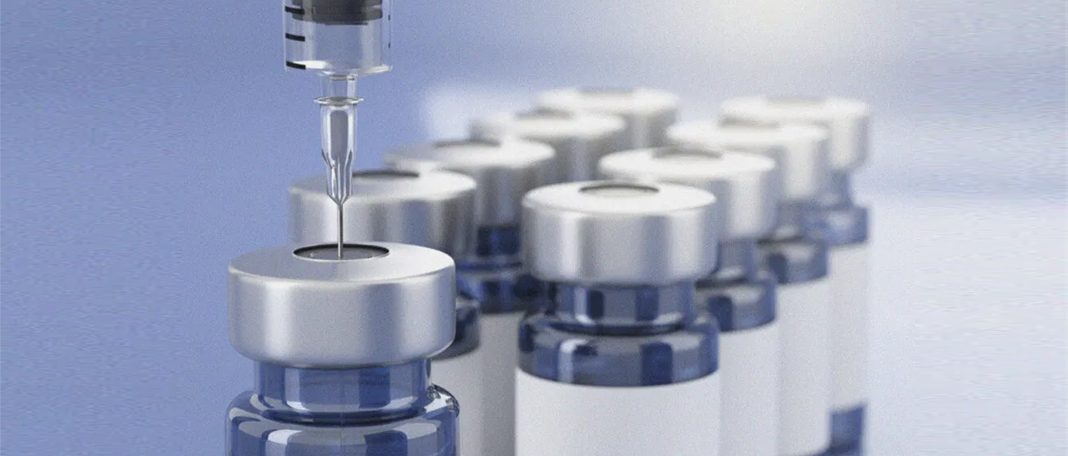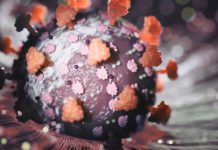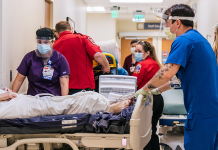With over 1.5 million deaths worldwide, a Coronavirus vaccine seems to be the need of the hour. Several countries are in the final stages of clinical trials of COVID-19 vaccines. Meanwhile, recent studies and research by scientists at the Rega Institute of Medical Research, KU Leuven, Belgium, have revealed that an altered yellow fever vaccine can boost immunity, thus protecting individuals from the novel Coronavirus.
The yellow fever vaccine (YF17D) that is currently in usage is based on a live-attenuated strain of the virus that is injected into the bloodstream of an individual. Scientists have modified the vaccine by introducing a genetic sequence from the Sars-Cov-2 virus into the yellow fever virus strain. This isn’t the first time such a modification has been done. Previously, the yellow fever vaccine has been altered for various deadly diseases like Ebola, rabies, and Zika viruses.
Altered Yellow Fever Vaccine (COVID-19) Trials on Hamsters
And the good news is that this altered yellow fever vaccine has proved to be extremely effective in controlling COVID-19 in a recent trial on hamsters. They were administered a single dose of the vaccine in the laboratory. Ten days after the vaccine was administered, the hamsters were given a Sars-Cov-2 virus solution through their noses. After a detailed study, it was found that most of the hamsters who went through the trial were immune to Covid-19. Further studies revealed that even after 3 weeks, the hamsters showed good immunity against the virus.
Is the Altered Yellow Fever Vaccine a Groundbreaking Invention?
We aren’t sure yet! However, the altered yellow fever vaccine has shown signs of being an effective alternative to the COVID-19 vaccines readied by other companies like Pfizer and BioNTech. Another positive attribute about this vaccine is that it can be stored at 36–46°F (2–8° C), unlike other vaccines that demand a storage temperature of -94°F (-70°C).
The original yellow fever vaccine however has a few drawbacks. It cannot be administered to people over the age of 60 and individuals with low immunity. This altered vaccine, though effective in animals, needs more research and trials to find out how it behaves when administered to humans.

















